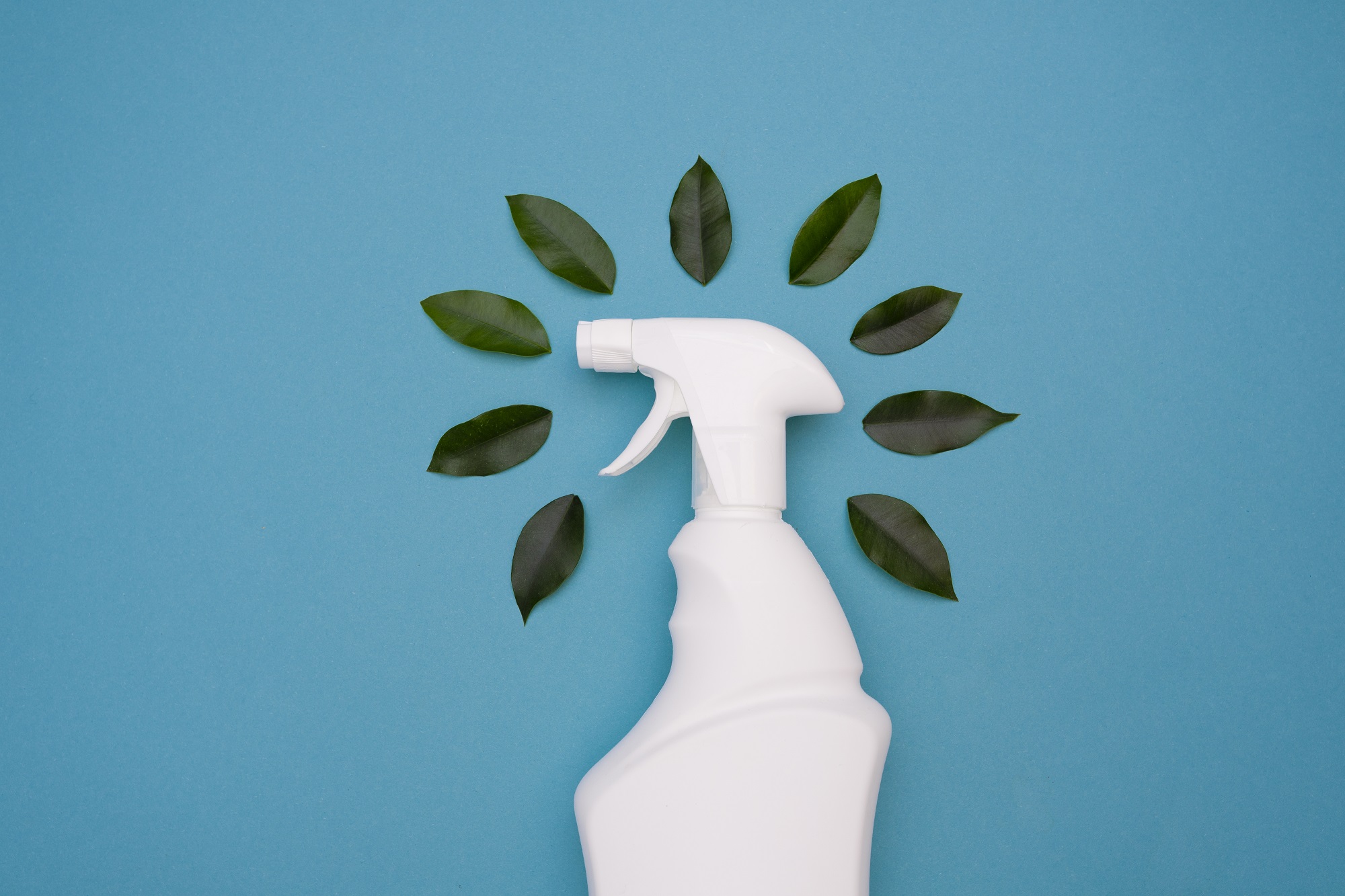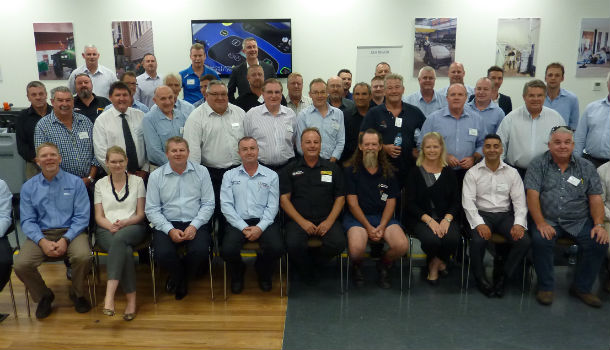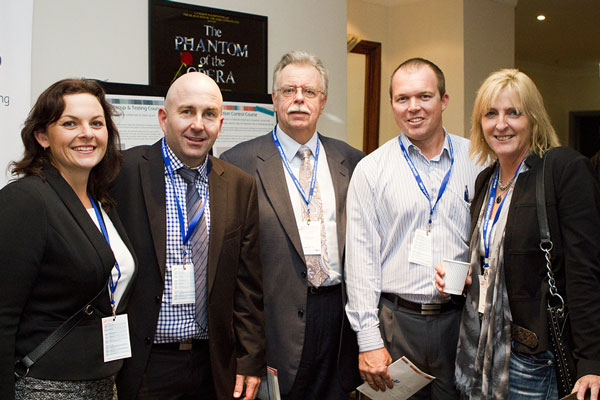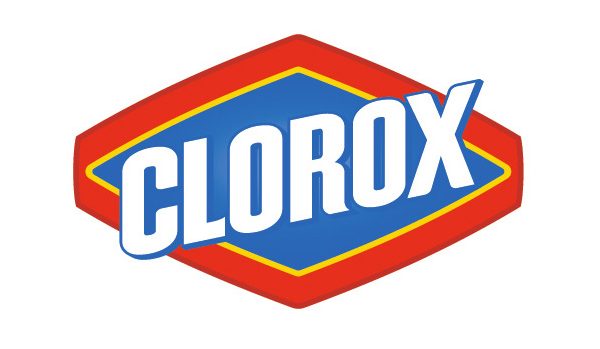
Supply chains and procurement processes have been tested like never before during COVID-19, but smart players in the cleaning industry are finetuning their approaches to ensure a prosperous future.
With demand for cleaning and healthcare products skyrocketing during COVID-19, many companies have been seeking a procurement and supply chain edge.
Bunzl Australasia is confident it has such an advantage. Offering a mix of carefully sourced and checked imports from China that complement other international and domestic products, the specialist distribution group has been able to keep delivering for customers at a time when many others have struggled because of border closures.
The ability to use its national network of more than 50 warehouse and office facilities around Australia and two in New Zealand to manage deliveries in its key sectors – healthcare, cleaning and facility management, hospitality, retail and food processing – has also been crucial.
“So, at any particular point in time we have been able to quickly transfer stock into and across our national footprint to any of our 16 distributions centres to best support our customers,” says Greg Crisp, sector manager – facility management Australia & New Zealand for Bunzl.
“Our supply system was certainly put to the test in 2020 and definitely didn’t break down. We discovered better and smarter ways to support our customers at a most difficult time.”
Regional boom pays off
Despite predictions of doom and gloom as a result of the pandemic, some sectors are doing well and many companies have performed strongly as a result.
After suffering a significant decline along with their customers in 2020, Alsco is one of those organisations that has bounced back this year.
Alsco provides linen, workwear, commercial floor mats, industrial cleaners, first aid kits and washroom hygiene services to about 48,000 customers.
It has gained from a hospitality sector that has thrived in regional areas such as the Hunter Valley in NSW and Far North Queensland as pandemic-weary holidaymakers have travelled to regional and rural areas.
“We’ve enjoyed the benefits of that through our laundry services,” says Monique Welsh, divisional general manager at Alsco.
“And our washroom division, Fresh & Clean, has been super busy with demand for things like sanitisers.”
Welsh says government rules around wearing masks and maintaining hygiene standards has also driven demand, while Alsco’s Cleanroom Garments division has been flat out supplying pharmaceutical companies.
Such demand has inevitably put pressure on Alsco’s supply chains, but the business has taken the opportunity to do things better and embrace sustainability.
This has included setting up more formalised processes to assess suppliers and to conduct due diligence on them.
“Suppliers have to meet strict guidelines around whether their products are sustainable and where they have been ethically sourced,” Welsh says.
“We’ve changed a lot of supply partners, especially in the washroom division, and most products are now locally sourced from somewhere in Australia.”
Some products, such as fabric, are still sourced from overseas because Alsco’s required volumes are too high for Australian manufacturers. “But wherever possible we’re looking at getting things locally.”
As an example of its commitment to the community, Alsco is also partnering with some social enterprises who use workers that have been victims of domestic violence.
“This has come through conversations due to COVID-19 and our new sustainability focus at Alsco,” Welsh says.
Sustainability on the radar
The focus in some sections of the cleaning industry on sustainability comes as no surprise to Kendall Benton-Collins, strategic communications manager at GECA, which runs Australia’s only not-for-profit multi-sector ecolabelling program.
GECA has developed rigorous lifecycle-based ecolabel standards, following ISO 14024 principles and ISEAL frameworks, that their assurance providers independently assess. These include standards for cleaning products and cleaning services.
Benton-Collins says while cleaning products are essential for healthy and appealing living and working conditions, they can also negatively impact human health and the environment. However, she adds that “not all cleaning products are created equal”, and GECA’s licensees “are doing amazing things”.
“It’s absolutely possible to make and use cleaning products that are good for the environment! But, importantly, being GECA certified means that you also have to prove that your products work as promised,” she says.
“Lots of products may be fine for the environment, but they may not clean.”
As more and more cleaning companies consider switching to ecofriendly products, Benton-Collins urges them to also be people-friendly at a time when Modern Slavery campaigns are targeting workplace conditions in manufacturing centres around the world.
“There’s no point having an ecofriendly cleaning product that’s been made under poor working conditions. They should also be good for the health of the end user and be manufactured through a safe and healthy process for the workers.”
As part of its sustainability pledge, Welsh says Alsco is “partnering with likeminded businesses who want to be sustainably successful like us”.
“If you want the cheapest thing, that’s great, but who is to say that the product hasn’t been brought from an area or company that uses child labour or slavery or generates a lot of pollution. That’s not what we want to do.”
The other imperative for Alsco during the pandemic has been to prioritise existing customers and those on the front line of the fight against COVID-19, rather than chasing quick profits from new fly-by-night clients.
“We had lots of people calling us who we’d never heard of,” Welsh says. “We had to say, ‘Sorry, we must look after our regulars first’.”
Essential service providers, government agencies and healthcare service providers and hospitals have also been prioritised.
Lessons from disruption
Research from the Capgemini Research Institute, called Fast Forward: Rethinking Supply Chain Resilience for a Post-COVID-19 World, reports that more than 80 per cent of organisations’ supply chains have been negatively impacted by the COVID-19 crisis.
The pandemic has led to companies prioritising supply chain resilience, with 66 per cent of respondents stating that their supply chain strategy will need to change significantly in order to adapt to life after COVID-19.
There is growing awareness, too, that supply chains need to be more flexible and agile so they can react and adapt quickly to potential disruption.
In addition to agility, Crisp says Bunzl has put a premium on quality controls at a time when some companies are profiting from the sale of inferior products during a pandemic-related buying frenzy.
Operating in 29 countries across four continents, it has a dedicated global procurement team, as well as Bunzl staff and assessors in the Chinese market who ensure compliance with ethical sourcing standards.
“You take such a risk as an importer if you haven’t got teams who can check the authenticity and integrity of products,” Crisp says.
To safeguard its reputation, Bunzl has been applying four principles when procuring products.
First, its ethical supply chains can never be compromised. Second, it always questions and checks product documentation and certifications.
Third, it is conscious of rooting out poor products that have been rejected and then repackaged. Fourth, it closely monitors the quality of polymers in products such as gloves which could compromise health standards.
“We have been able to check products before they leave the shores to come to Australia. So we have been able to provide audit reports to our clients, especially in healthcare and government, that our product standards will not be compromised.”
In meeting stringent quality assurance and quality controls during the pandemic, in addition to adhering to Therapeutic Goods Administration and HACCP international certifications, Crisp believes Bunzl’s scale has been an advantage.
“And we’ve been conscious of not just grabbing anything for a quick sales win rather than sticking to our proven and compliant model.”
Throughout the pandemic, Alsco has also learnt the importance of insisting on quality from suppliers and having the ability to pivot.
Demand for digital thermometers from food manufacturers, for example, prompted the business to be flexible and provide this new product line to customers.
With regard to other lessons for industry players, Welsh urges all companies to do their due diligence on suppliers to ensure they are reliable and ethical. Such checks include examining potential suppliers, getting references, analysing their products and origin, ensuring they are ethically sourced and insisting on quality assurance systems.
“That will make a difference in a time of crisis.”
Future-proof your business
At GECA, Benton-Collins says massive disruption of supply chains during COVID-19 – and the ensuing trauma for some companies and employers – has a possible silver lining in so much as companies are now more receptive to frameworks that can make supply chains more resilient.
For instance, the 17 United Nations Sustainable Development Goals promoting factors such as improving education, enhancing equality between the sexes, providing decent work and reducing inequality can deliver outcomes that are better for people and the environment.
Likewise, Benton-Collins believes a commitment to the Circular Economy mantra of eliminating waste and the continual use of resources will have a big influence on the future of the cleaning industry.
She believes more and more cleaning companies will also embrace independent certification such as GECA’s ecolabel.
“They definitely see the environmental, social and monetary value in being more sustainable.”
Focus on resilience
Amid all the discussion of the importance of ‘resilient’ supply chains, the Capgemini report explains just what that looks like:
- enacting contingency planning that anticipates crises and runs simulations to improve crisis response
- prioritising local and regional supplier bases and manufacturing footprints
- focusing on sustainability across the supply chain to withstand environmental and regulatory disruptions
- ensuring flexibility in production and decision-making, and displaying agility in shifting to new business models
- emphasising data-sharing with partners and having full visibility of the supply network.
Crisp is confident Bunzl is on the right path in terms of such criteria, adding that communication with clients about possible delivery delays and price fluctuations during COVID-19 has been crucial.
Trust and agility are paramount, and Bunzl is focussed on being a strong supply partner at all times, as emphasised during the current global pandemic.
“If a product is going to move in price we have to be able to justify and verify that, whether that price variation is up or down. We have to honour our commitments. That’s just good, ethical business.”
Sources
Capgemini Research Institute, “Fast forward: Rethinking supply chain resilience for a post-COVID-19 world
This article first appeared in the July/August issue of INCLEAN magazine.
Comment below to have your say on this story.
If you have a news story or tip-off, get in touch at info@3.106.117.80.
Sign up to INCLEAN’s newsletter.




